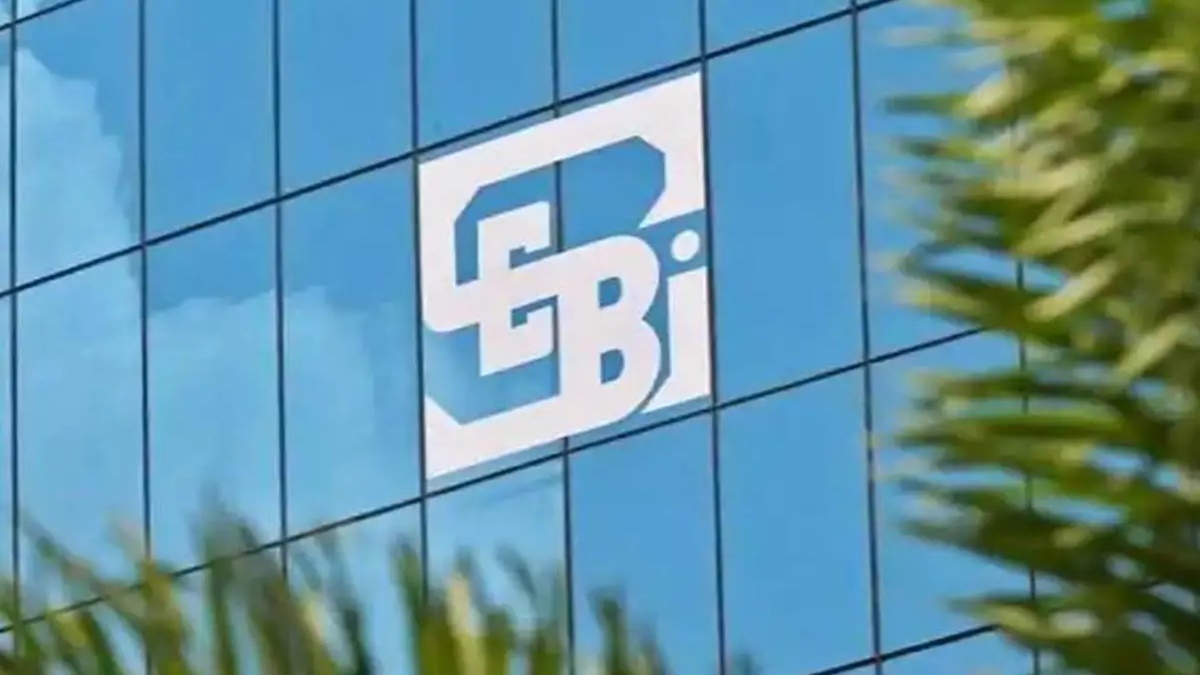Redeemable preference shares to be treated as debt in certain circumstances1

June 06, 2023 | 3 comments
In a recent ruling, the Hon’ble Delhi High Court evaluated as to
whether redeemable preference shares (‘RPS’) issued by a company
could be treated as a part of the net-worth of the Company and in
what circumstances the RPS could be treated as debt:
Facts of the case:
1. The respondent issued a tender for a renewable energy project on
behalf of Indian Railways. The tender specified certain eligibility
criteria including a minimum net-worth for the bidding company.
2. As per the tender document, the net-worth was to be calculated as
per the provisions of the Companies Act, 2013 (‘Cos Act’)
3. The petitioner bid for the tender, but its bid was rejected with
the reason the net-worth of the petitioner after excluding the RPS
did not meet the minimum net-worth criteria.
1. Whether the RPS is a part of the net-worth of a company under the Cos Act
Ruling and core observations:
The Hon’ble Delhi High Court, ruling in favour of the petitioner, held that that RPS should be treated as a part of the networth of the undertaking making the following key observations:
1.As per the various provisions of the Cos Act (discussed in detail in the ruling), the net-worth of a company includes the share capital of the company which in turn includes preference shares.
2. The balance sheet, prepared as per the accounting standards, is not an indicator of the true net worth of a company. Balance sheet reflects the share capital of a company and its treatment as an asset or liability to the company on the date of preparation of the balance sheet. Drawing up of balance sheet and computation of the net-worth are two separate things. Thus, though, as per Schedule III of the Cos Act, prescribes to be treated as liability and RPS to be shown under non-current borrowing, the same cannot be made applicable to the computation of net-worth of a company.
3. Even testing it with the directions of the accounting standards, As per the Application Guidance 25 of Accounting Standards 32, the test to the test applicable to determine whether preference shares are to be treated as a financial liability or an equity instrument is whether it is redeemable at the option of the holder as opposed to the issuer and whether they are issued for a fixed tenure. In the instant case, the petitioner’s RPS were redeemable only at the option of the issuer.
Our comments:
The Hon’ble Delhi HC has categorially ruled that an option of the issuer to redeem the shares for cash does not satisfy the definition of a financial liability because the issuer does not have a present obligation to transfer financial assets to the shareholders. When the redemption of the shares is solely at the discretion of the issuer, an obligation may arise, however, when the issuer of the shares exercises its option, usually by formally notifying the shareholders of an intention to redeem the shares.
Thus, in case when the option rests with the investor and the investor exercises the same, the same should be treated as a financial liability as per the above ruling. However, the ruling is silent on what would happen if the mandatory 20 years has been completed and the issuer has not exercised the option - in both the situation - when there are sufficient accumulated profits and when there are no sufficient accumulated profits.
The Hon’ble NCLT must examine whether the debt is due and payable before admitting any petition for insolvency. Given the above ruling of the Delhi HC, it would be interesting to see the position that NCLT would adopt in the case of non-payment / default in redemption of preference shares.
SAT ruling to aid appointment of independent directors
The Securities Appellate Tribunal (SAT) has ruled against the Securities and Exchange Board of India (Sebi) and NSE in a recent matter that pertains to the appointment of an independent director (ID) by Nectar Life Sciences.
CONTINUE READING
June 06, 2023 | 3 comments
SEBI Consulting papers for the Alternative Investment Funds (‘AIFs’) and Foreign Venture Capital Investors (‘FVCIs’)
The Securities and Exchange Board of India (‘SEBI’) has issued new series of consulting papers for the alternative investment funds (‘AIFs’) and foreign venture capital investors (‘FVCIs’) on May 18, 2023 and May 23, 2023.
CONTINUE READING
June 06, 2019 | 3 comments
Compulsorily convertible debentures (‘CCD’) may not be treated as financial debt but the unpaid interest on CCDs is to be treated as financial debt for the purpose of insolvency
In a recent ruling, the Hon’ble National Company Law Tribunal (‘NCLT’) evaluated as to whether the principal amount compulsorily convertible debentures (‘CCDs’) and / or the interest thereon constitute financial debt as per the provisions of the Invsolvency and Bankruptcy Code, 2015 (‘IBC’)
CONTINUE READING
July 3, 2019 | 3 comments
